Why are we running this project?
The interplay between conflict and climate change has multiple impacts on different areas, from food and water sovereignty to migration, public health and on different population groups such as minorities or women. It is therefore important for us to create space for exchange between different actors, practitioners and scholars working at the local, regional, and international level. This is the only way to break down silos and build broad networks and coalitions to strengthen local actors in the long term.
What are our goals?
The intersection of conflict, climate change and environmental change is increasingly on the agenda of international politics, which is why we want to give more space to the needs and demands of local voices in order to sensitize actors to the effects of the so-called nexus at the local level.
We want to promote exchange and joint learning between organizations and individuals working on similar challenges, giving them time to advise each other and transfer knowledge. We are convinced that this will improve the work of local actors and that we can make a contribution to regional networking. This will also give more visibility to best practices and toolkits developed at the local level.
As one of the organizing institutions of this program, we would like to learn from our partners and incorporate their expertise into the further development of the program. Together with local partners, we would like to better understand how we can make a contribution as a funding institution so that we can support the work of our partners on the ground in a meaningful way. In order to meet the real needs on the ground, the activities, projects, and initiatives are largely designed and implemented by our local partners.
How does the program work?
The program consists of different components:
- In June 2025, due to security reasons, the third regional conference scheduled to take place in Amman had to be cancelled. Two webinars were organized instead, focusing on Syria and Reconstruction.
- In March 2025, the publication "Participatory Approaches to Conflict, Climate Change and Environment. Case Studies from the Middle East and North Africa" was published, analyzing the implementation of participatory approaches in 7 countries in the region, particularly with regard to the potential for a better understanding of their implications for human security.
- In March 2024, the "Second Annual Conference on Conflict, Climate Change and the Environment in the Middle East and North Africa Region" took place in Amman. Many of the experts and practitioners from the region were able to participate on site, but the conference was held in hybrid form to allow for greater participation.
- In 2024, an interdisciplinary working group of experts and practitioners supported the regional activities in order to bring together experience and knowledge creation from the various thematic and sectoral areas.
- In January 2023, a first conference entitled "Rethinking the Nexus between Conflict, Climate Change and Environment in West Asia and North Africa" was held in Beirut, bringing together experts and practitioners from across the region.
- Between 2022 and 2024, individual projects were funded to address the challenges of climate change in conflicts in the region at a local level. Detailed descriptions can be found in the AUT, Ettifaq, SPNL, and YPC tabs.
- The activities in the projects are accompanied by regional networking meetings, training and exchange measures in line with the needs of the institutions and individuals involved.
- Public webinars are offered at irregular intervals to shed more light on individual aspects of the so-called nexus.
Who organizes and supports the project?
In this program, the Robert Bosch Stiftung works together with a partner institution:
The Arab Reform Initiative (ARI) is an independent regional think tank that helps to formulate an agenda for democratic change, good governance and social justice in the Arab world.
In 2024, the work of the two institutions was supported by the members of an interdisciplinary working group.


